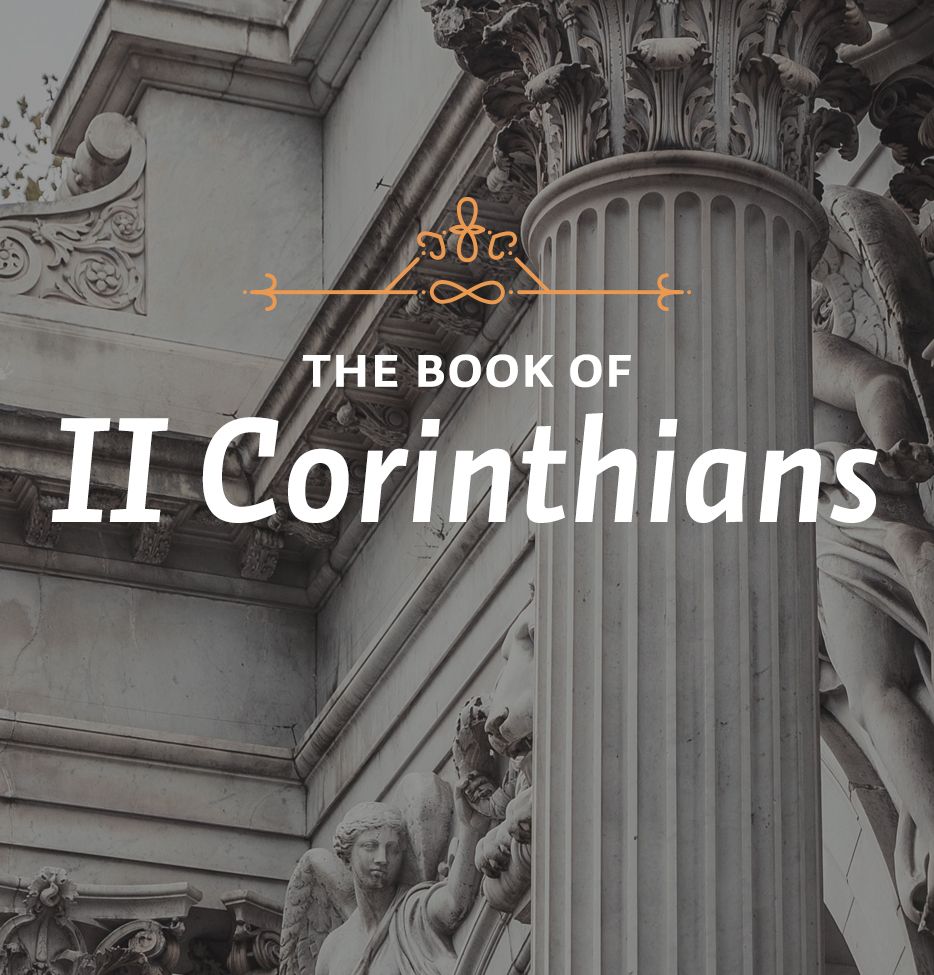Now Is the Time2 Corinthians 5:1 – 6:2Theme: The urgency of the Gospel.This week’s lessons remind us that we are not guaranteed a tomorrow.
LessonIn addition to tents, Paul uses a second image to refer to our earthly bodies, that of clothing. That is an image that we can all understand. Paul says that although our bodies are great things, they are, nevertheless, weakened by sin so that they are mortal. Our bodies are subject to disease. They die. They are like clothing that has fallen into rags. He wrote, “Meanwhile we groan, longing to be clothed with our heavenly dwelling, because when we are clothed, we will not be found naked. For while we are in this tent, we groan and are burdened, because we do not wish to be unclothed but to be clothed with our heavenly dwelling, so that what is mortal may be swallowed up by life” (2 Cor. 5:2-4).
Paul was being very practical at that point. He said that because we know these things, we live by faith, not by sight. Sight shows us that everybody is passing away. We are passing away. Living by sight tempts us to live for the moment. So Paul said that we live for the things that are unseen and are eternal.
Paul then wrote, “We are confident, I say, and would prefer to be away from the body and at home with the Lord. So we make it our goal to please him, whether we are at home in the body or away from it” (2 Cor. 5:8-9). On another occasion Paul said that to be absent from the body is to be present with the Lord. There he stated that he desired to go on and be with Christ, which is far better. But he knew that, for the present time, it was more expedient, more helpful, for him, to be here on earth. So Paul made it his goal to please Jesus Christ here.
In the second section of this passage Paul deals with knowledge that concerns other people. He expressed his obligation to them, and his obligation to these Christians at Corinth, and to all other people besides as an obligation of love. He wrote: “For Christ’s love compels us, because we are convinced that one died for all, and therefore all died. And he died for all, that those who live should no longer live for themselves but for him who died for them and was raised again” (2 Cor. 5:14-15).
This is a great motivation for Christian missions. However, it is not the only motivation for missions. The first great motivation is that Jesus Christ tells us to be involved in missions. Jesus, at the end of his earthly life, after his resurrection, gave to his disciples what we call the Great Commission. It is recorded five times in Scripture, once in each of the four Gospels and again at the beginning of the book of Acts. Jesus said, in what is the most commonly known version, found in Matthew’s Gospel, “All authority in heaven and on earth has been given to me. Therefore go and make disciples of all nations, baptizing them in the name of the Father, and of the Son, and of the Holy Spirit, and teaching them to obey everything I have commanded you” (Matt. 28:18-20). Then he gave a great promise where he said, “And surely I am with you always, to the very end of the age” (v. 20). The first reason we go to others with the Gospel is that Jesus commands us to go. Even if we do not understand it, even if it does not make sense, even if there has been little success in our previous efforts – and sometimes there is very little success to our efforts – we go because that is what Jesus told us to do, and he is the Lord.
Study Questions
What was Paul’s deepest longing?
What is the greatest motivation for missions work?
Scripture MemoryMemorize Ephesians 2:10.
ApplicationWhat are you doing to fulfill the Great Commission? If you are not sure, ask God to lead you into the mission work he has prepared for you to do.






